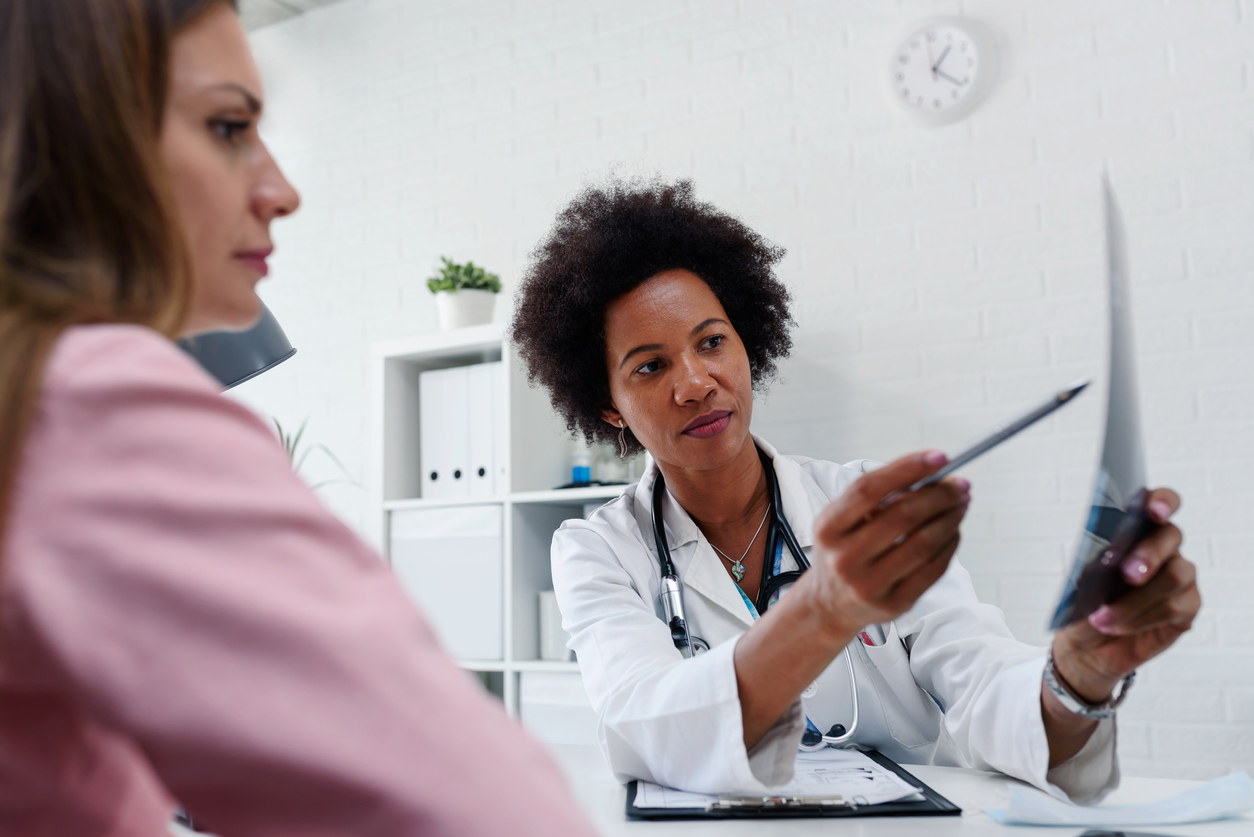About one in eight US women will develop breast cancer at some point in their life, and it’s estimated that in 2020 about 276,480 cases will be diagnosed. Although these statistics are alarming — through awareness, early detection, and healthy habits, we’re making great strides in the fight against this disease.
While there is no surefire way to prevent breast cancer, there are lifestyle choices you can make to improve your overall health and therefore, your odds against this disease.
Avoid Alcohol
Even low amounts of alcohol are linked to a higher chance of being diagnosed with breast cancer. The American Cancer Society suggests this connection is related to the rise in estrogen levels in the body caused by alcohol. It’s best to avoid alcohol altogether if possible. However, if you do drink alcohol, it’s important to not have more than 1 drink per day.
Be Active
At least 150 to 300 minutes of moderate to vigorous exercise a week can lead to a lower breast cancer risk. Moderate exercise includes anything that increases your heart rate, like a brisk walk or a casual bike ride. A good way to measure this is that you should be able to talk, but not sing. Vigorous exercise includes activities like jogging or weightlifting that increase your heart rate significantly and makes you break a sweat. If you can say a few words but not hold a conversation, you’re likely engaged in vigorous exercise.
So, strap on your sneakers and get moving!
Benefits of Breastfeeding
For women who choose to breastfeed for at least six months, their risk for breast cancer is reduced. While this should not be the only factor considered when choosing how to feed and nourish your baby, it is an important factor to consider.
Healthy Weight
Being overweight or experiencing a heavy weight gain as an adult can lead to a higher risk of breast cancer, especially after menopause. Again, this is why developing overall healthy habits is so important, especially throughout adulthood.
Studies About Diet to Prevent Breast Cancer
Currently, studies examining the link between diet and breast cancer are inconclusive. However, some suggest there is likely a connection between consuming vegetables, fruits, and calcium-rich dairy and lower breast cancer risks.
Early Detection
Even if you choose to adopt these lifestyle changes to lessen your risk for developing breast cancer, the most important step you can take for your health is to participate in regular screenings. Doing so increases your chances of both early detection and recovery.
Here’s what you should be doing and when:
- Monthly breast self-examination: You should be familiar with how your breasts normally look and feel and should report any changes to a health care provider right away.
- Yearly mammograms starting at age 40. However, if you have an increased risk of breast cancer, such as family history, you may need to begin earlier.
- Speak with your primary care physician about the best preventative plan for you.
If you would like to speak to a physician about building healthy habits or assessing your ability to prevent breast cancer, click here to contact us or call 770-463-4644.

